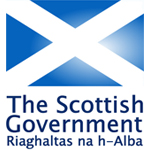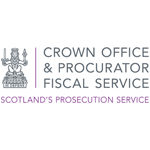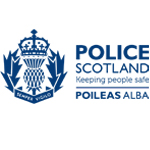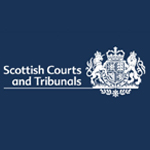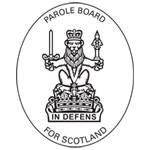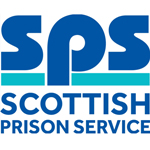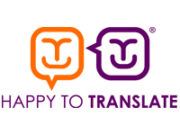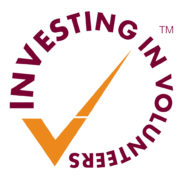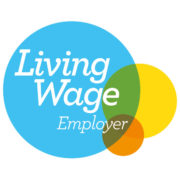Child victims and children’s rights
As part of Victims Awareness Week, Mary Glasgow reflects on the experiences of child victims and witnesses within Children 1st’s services and envisions a Scotland where children’s right to justice and recovery is realised.
When children and young people are victims of crime in Scotland many tell us that they feel at best ignored and at worst retraumatised by a justice system designed for adults by adults. Children and young people tell us that they face a court system that fails to recognise their needs and rights. Children who have already suffered the most horrifying experiences may have to retell their story in whole or in part to at least 14 different sets of professionals as they navigate the justice, health and child protection systems. They may have to wait months, years even, for a case to come to trial. All the while their lives on hold whilst they wait for justice.
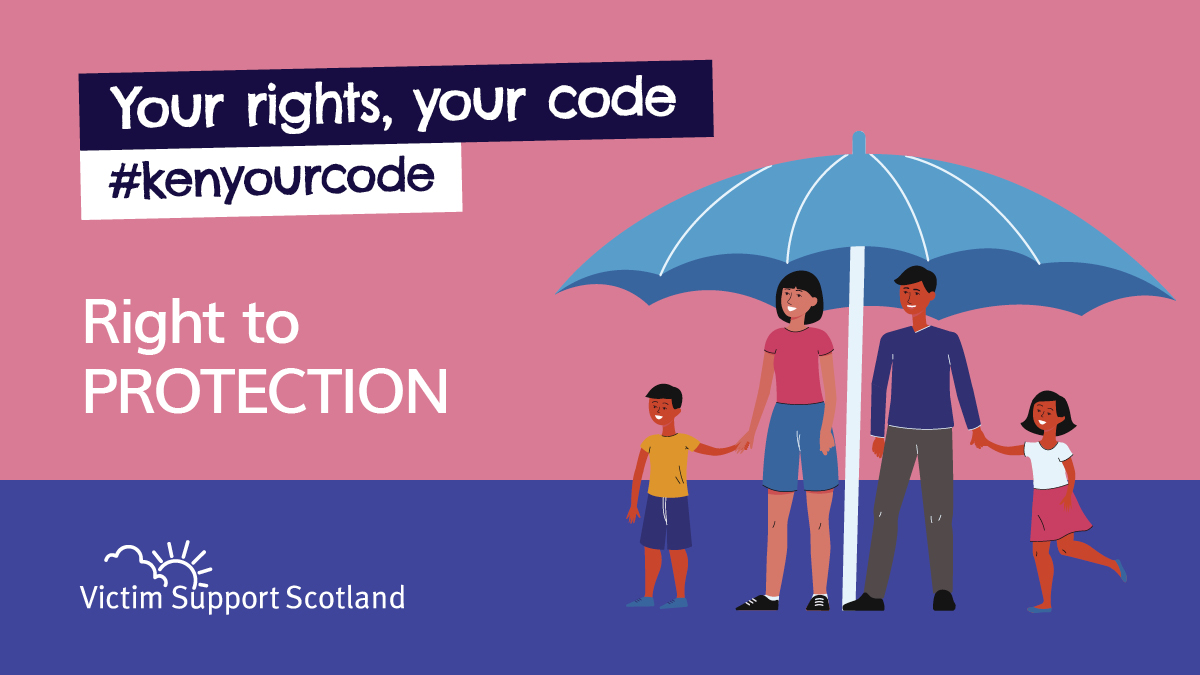
In the most serious cases, children are now able to give evidence through a TV link or screen following welcome legislation passed by the Scottish Parliament that came into force in January. But, a courtroom is never a place for a child, whatever the case. The combative nature of cross-examination is confusing and upsetting for a child. Our current system can re-traumatise child victims and witnesses of crime, fails to get their best evidence to ensure that abusers are convicted and when, a trial is concluded, there is no guarantee they will receive the trauma recovery support they and their family need. This does nothing for the interests of Scottish justice and causes real harm to children.
Unless we take radical action now to reform what happens when a child speaks up, we are fundamentally failing children and not realising their rights. The First Minister has committed to incorporating the United Nations Convention on the Rights of the Child (UNCRC) into Scots Law before the next Scottish Parliamentary election. Principles such as listening to children’s voices and having their best interests taken into account will be embedded into our domestic law in Scotland, and public body must comply with them.
What does this mean for child victims of crime in Scotland? For the first time, there will be a legal route to challenge public bodies if they fail to properly respect and uphold children’s rights. This means that children’s right to physical and psychological recovery (as set out in article 39 of the UNCRC) will be protected by law—and that politicians and decision makers will have to consider how to make that real in practice. For Children 1st we believe that the way child victims’ rights must be realised is through access to a Scottish Barnahus.
Children 1st has long called for a Barnahus, or Child’s House, approach in Scotland — a one-stop shop which provides all the care and support a child and their family need, bringing services to the child rather than the child to the different services. By uniting the care, protection and justice response, a child’s best evidence is captured, without harm and without prejudicing a fair trial. This transformational, rights-based approach will require significant infrastructure and investment, but I believe it will mean fewer children and families suffer the long- term, traumatic effects exacerbated by the existing system.
Both the Scottish Courts and the Cabinet Secretary for Justice recognise the ‘compelling case for changing’ our system. Indeed, Humza Yousaf has specifically said “we want to have a Barnahus”—referring to the Scandinavian Child’s House approach.
But there is an urgency to this recognition. Children’s right to justice, to care and to protection must be realised through access to a Barnahus approach that brings together the broader ambitions policy makers, service providers and ourselves at Children 1st have for children. Better multiagency working, more effective use of services, early intervention and support and ensuring core entitlements for children’s participation must be embedded in policy and practice. There are many different versions of the Barnahus across Scandinavia and indeed in the United States. It’s time to unite the best parts of these with the best of our own systems.
It would also send a strong message about society’s commitment to addressing all forms of child abuse and violence, and to supporting children to recover from trauma.
In Iceland they believe the Barnahus encourages children to speak up about abuse. Just having a resource like Barnahus shows abuse will not be tolerated. It shows that when children do speak up, they will get the justice, care and support that they and their family need, when they need it.
Within the failures of the past, we need to find a positive legacy for the future – let’s start with a Scottish Bairn’s House
Mary Glasgow is Chief Executive of Scotland’s national children’s charity, Children 1st. Children 1st works alongside families to provide relationship-based support and to help children and families to recover from the trauma associated with childhood adversity.
Victims Awareness Week 2020
Find out more about your rightsLatest news and blogs
-
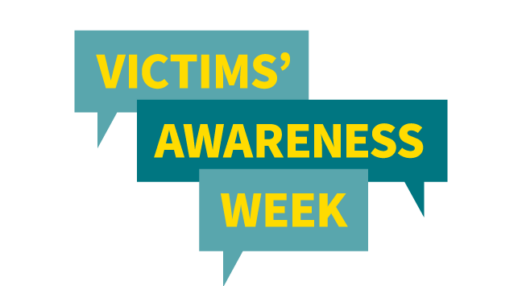
Victims’ Awareness Week 2025
Victims' Awareness Week 2025 will take place from 21-28 February.
Read more
-
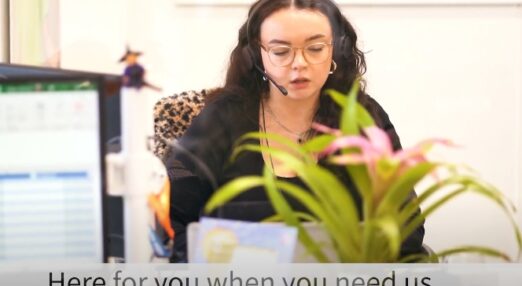
We’re here – support over the festive period
We know that the festive period can be difficult for people impacted by crime - that's why we'll remain open right through Christmas and New Year.
Read more
-
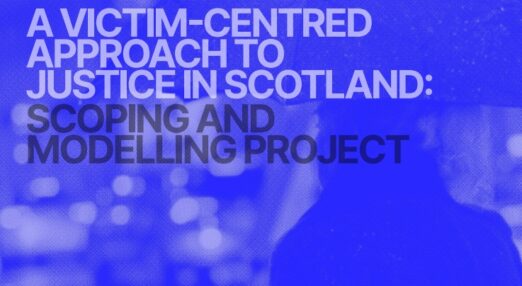
A Victim-Centred Approach to Justice in Scotland: Scoping and Modelling Project
This project, commissioned by Victim Support Scotland, sought to explore how a more victim-centred approach could be realised in Scotland's criminal justice system.
Read more
-
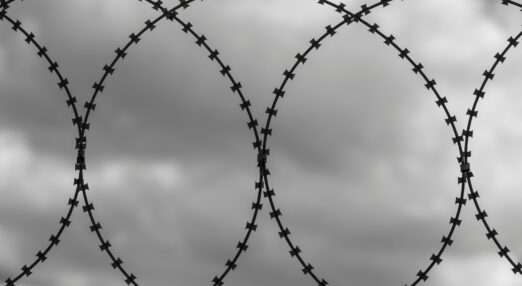
Concern over impact of new early prisoner release bill as Scotland’s crime stats revealed
Victim Support Scotland has expressed concerns about the impact of the Prisoners (Early Release) (Scotland) Bill, which was passed by MSPs yesterday, in light of new crime statistics revealed by the Scottish Government.
Read more
-
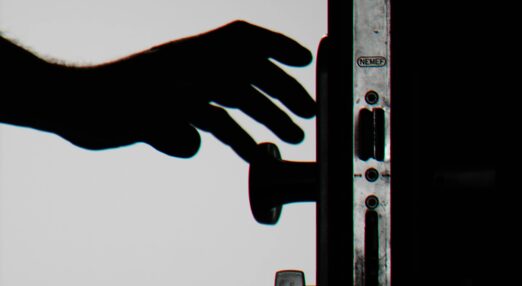
Victim Support Scotland voices concerns about Prisoners (Early Release) (Scotland) Bill
Victim Support Scotland has voiced concerns about the Prisoners (Early Release) (Scotland) Bill.
Read more
-

Media Reporting on Child Homicide – Victim Support Scotland Consultation Response
Victim Support Scotland's response to the Scottish Government consultation on Media Reporting on Child Homicide.
Read more
-
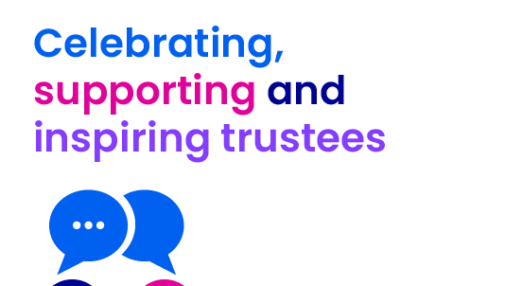
Highlighting the role of Trustees at VSS
We sat down with Gillian Imery, one of our trustees, to chat about the role she plays, why she decided to get involved with VSS, and how her skills and experience enrich our charity.
Read more
-

Statement on Homicide in Scotland figures
Victim Support Scotland has released a statement in response to the Homicide in Scotland figures released by the Scottish Government.
Read more
-
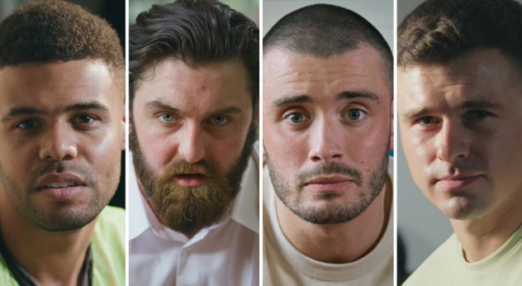
Statement on Police Scotland rape statistics
Victim Support Scotland has released a statement on the figures released by Police Scotland which show an increase in the number of rape cases reported within the last 6 months, alongside the launch of the latest 'That Guy' campaign.
Read more
-
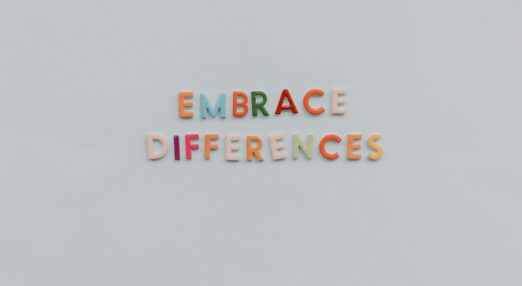
Victims of hate crime need to have their voices heard
This article by our Chief Executive Kate Wallace argues why more must be done to support victims of hate crime.
Read more
-
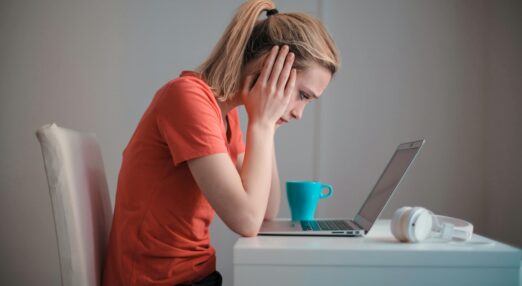
Statement on Scottish Government’s plans for Victim Notification Scheme reform.
Victim Support Scotland has released a statement on the Scottish Government's plans for reform of the Victim Notification Scheme.
Read more
-
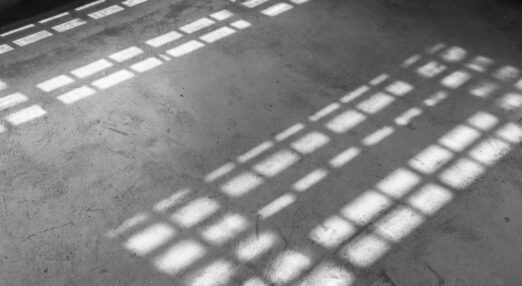
Statement on Scottish Government plans for long-term prisoner release
Victim Support Scotland has released a statement on the Scottish Government's plans for long-term prisoner release.
Read more

